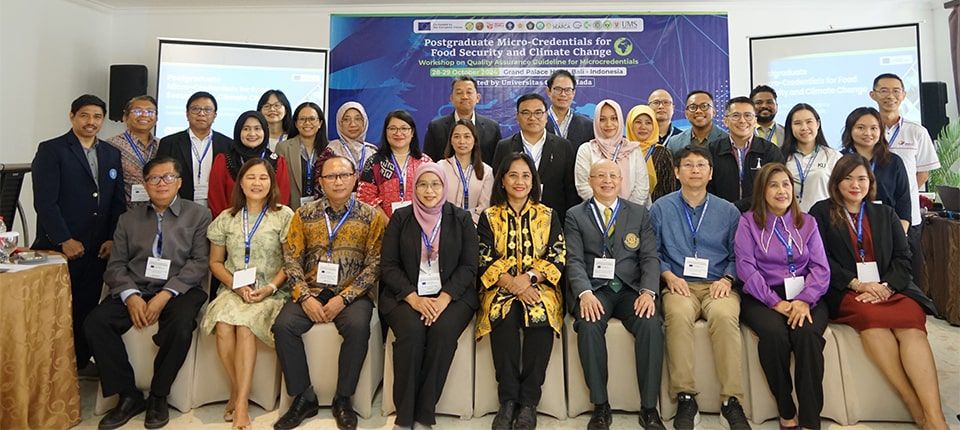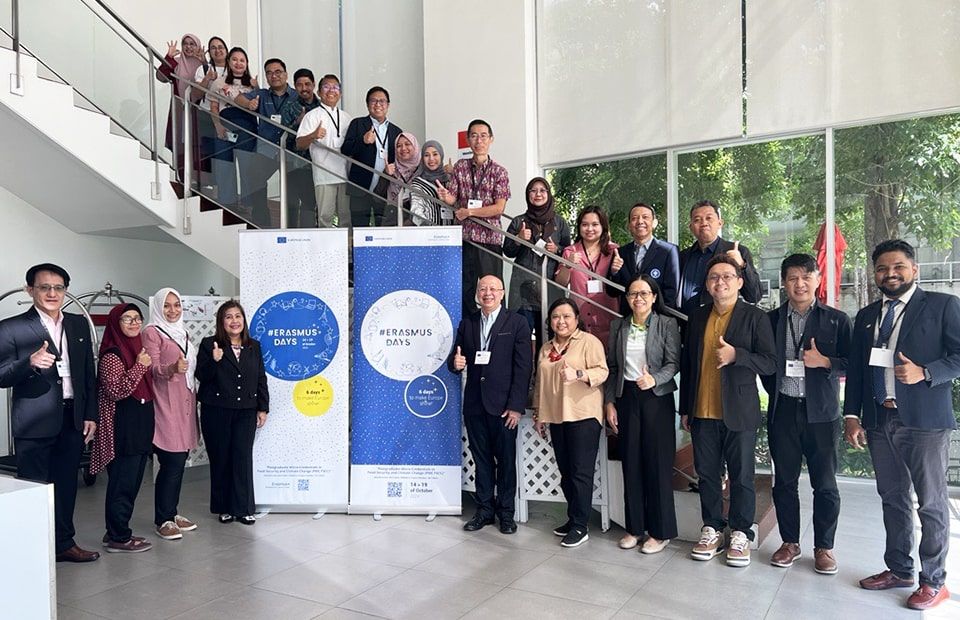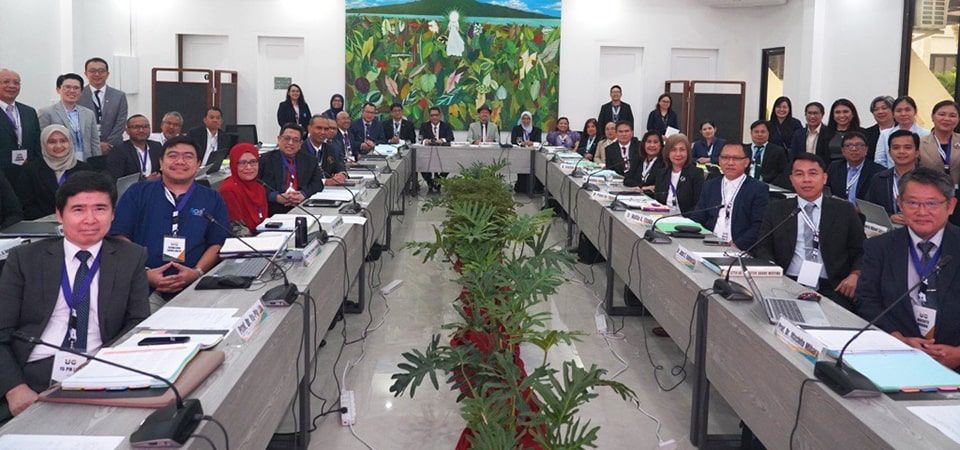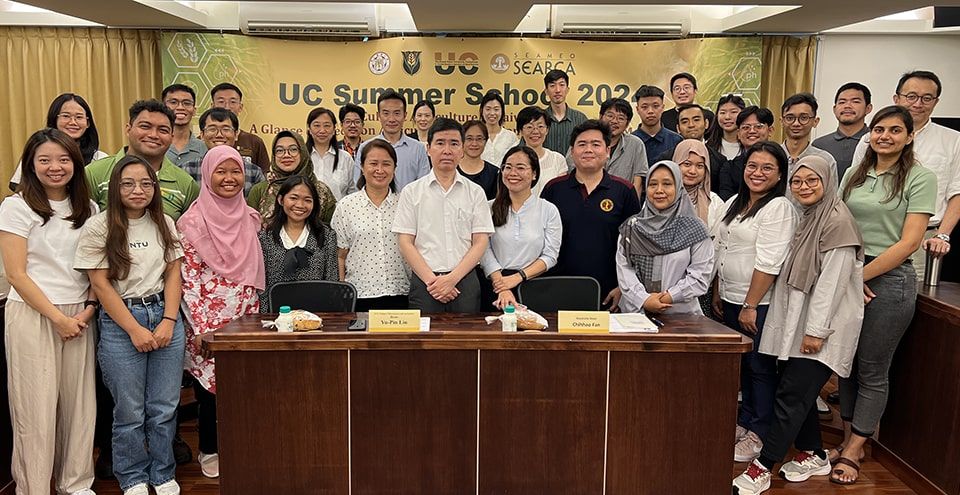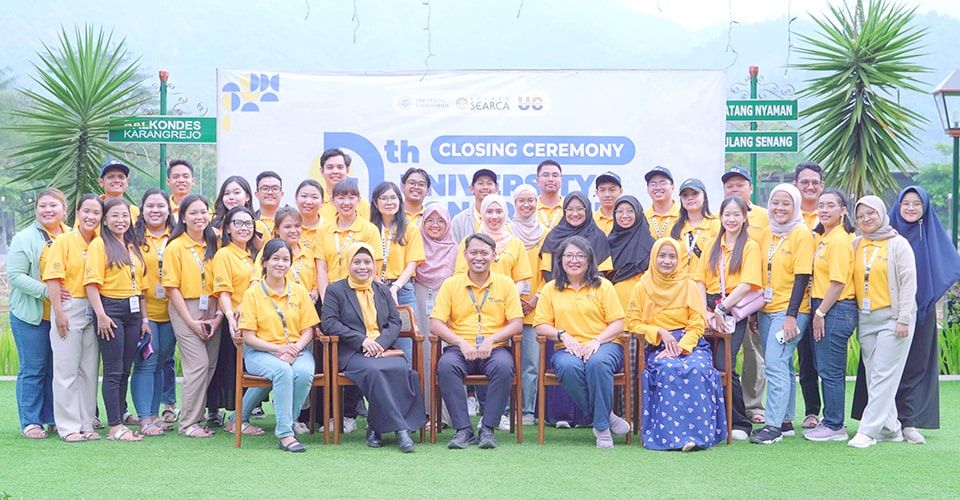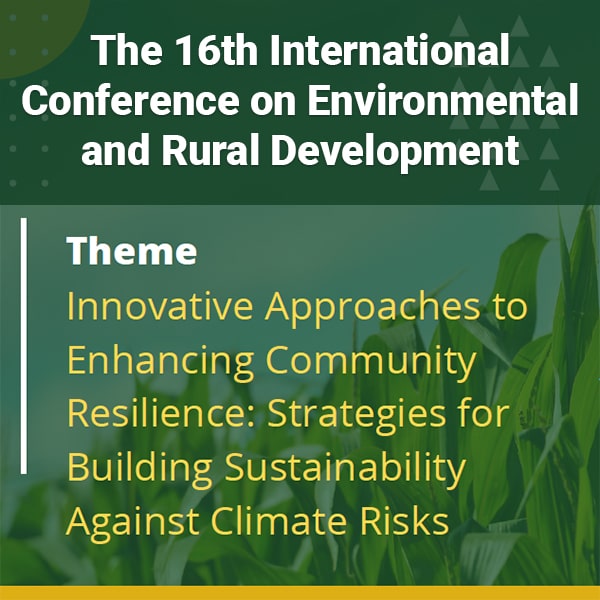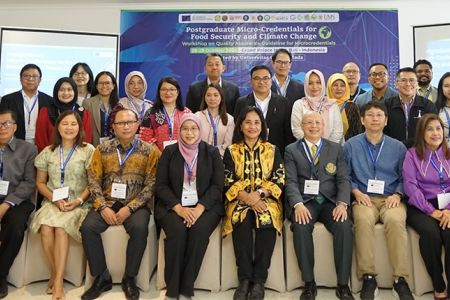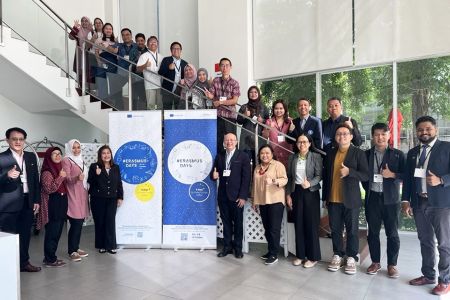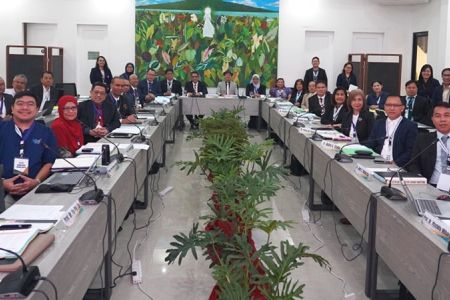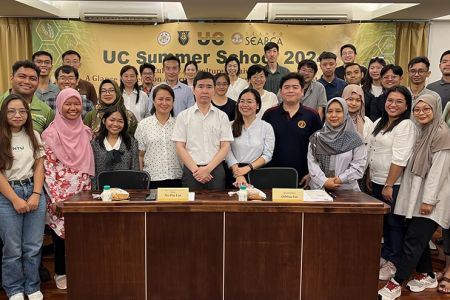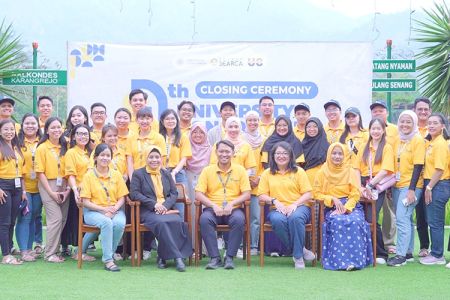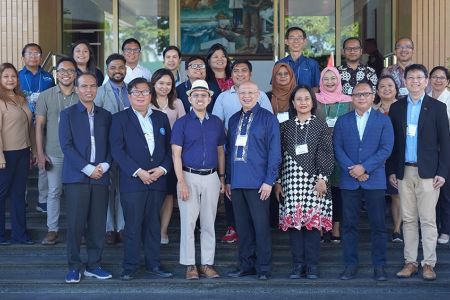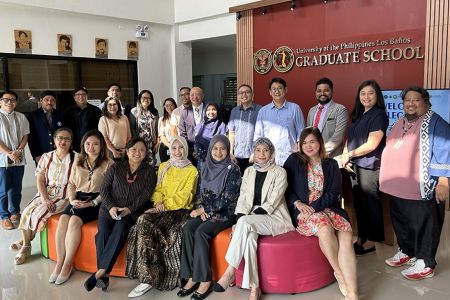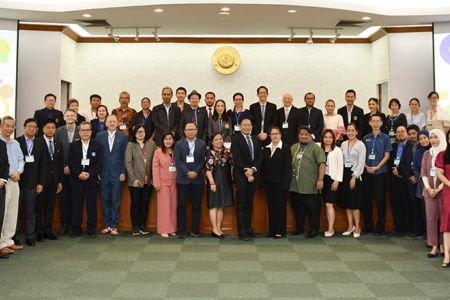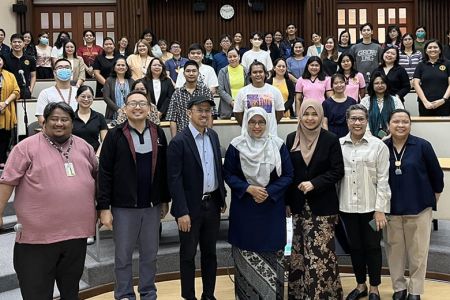UQ Study Shows Governments need more Honest Environmental Accounting
Research at the University of Queensland (UQ) in Australia is paving the way for better management of the natural environment.
Researchers from UQ’s Ecology Centre and collaborators published in Science their findings that it is only with honest reporting of both the positive and negative outcomes of conservation policy can there be hope of properly managing dwindling environmental resources.
Dr. Eve McDonald-Madden, a postdoctoral researcher at the UQ Centre for Applied Environmental Decision Analysis and the study’s lead author, said without rigorous and transparent accounting, it is impossible to manage the environment.
“Given the increasing public awareness of conservation issues and the need for ongoing investment in environmental management, it is worrying that little attention has been given to deriving rigorous metrics for reporting on conservation investments,” Dr. McDonald-Madden said.
Reporting both gains and losses is a basic requirement of “honest” conservation accounting. The current global standard of reporting gains but not losses is unjustified and potentially misleading.
Professor Hugh Possingham, Director of an Australian government-funded Commonwealth environmental research facility on environmental decision-making and co-author of the study, said the field of biodiversity conservation is hampered by weak performance measurement.
“In the corporate world such weak reporting would be considered bad practice,” Professor Possingham said.
The researchers used a case study of land clearing in Queensland from 1997 to 2003 and found that with traditional reporting methods, the conservation gains would appear to be small but positive.
When metrics are used that account for both loss and reservation, they tell a markedly different story,” Professor Possingham said.
They reveal that overall in that period Queensland lost habitats far faster than they were being conserved. Hopefully changes to land clearing laws and a government commitment to expanding the reserve system will show better performance in the next period.
Dr. McDonald-Madden said honest metrics of conservation achievements are essential to inform conservation shareholders—that is, the public—about the performance of their investments.
“In failing to mention the losses and opportunity costs of conservation investments, agencies reporting on conservation achievements are disclosing revenue rather than net profit, and are being economical with the truth,” Dr. McDonald-Madden said.
An auditor from the financial sector would be appalled. Governments around Australia, and all over the world, need to get their environmental accounts cleaned up.

